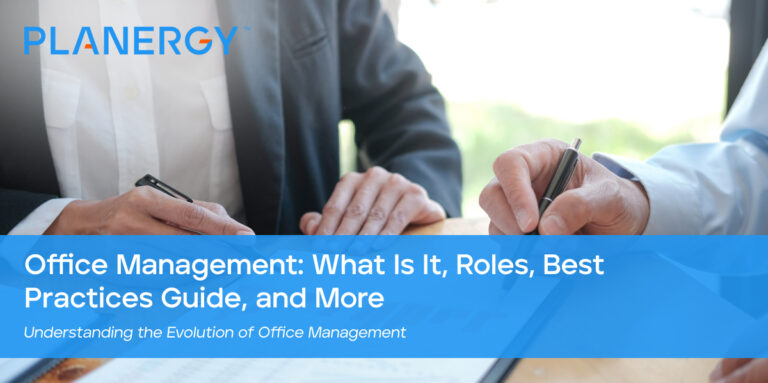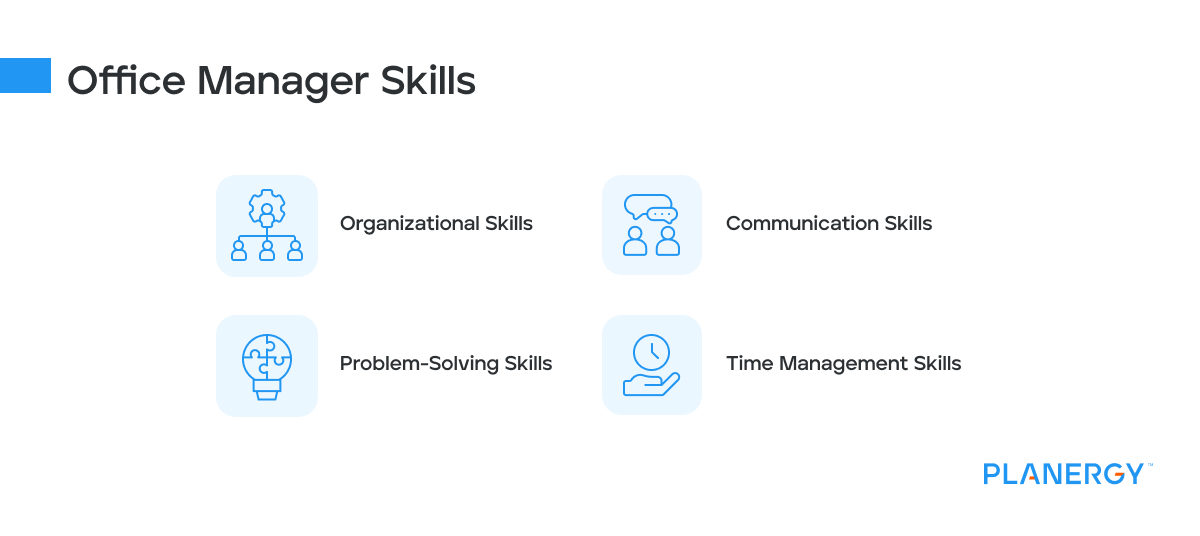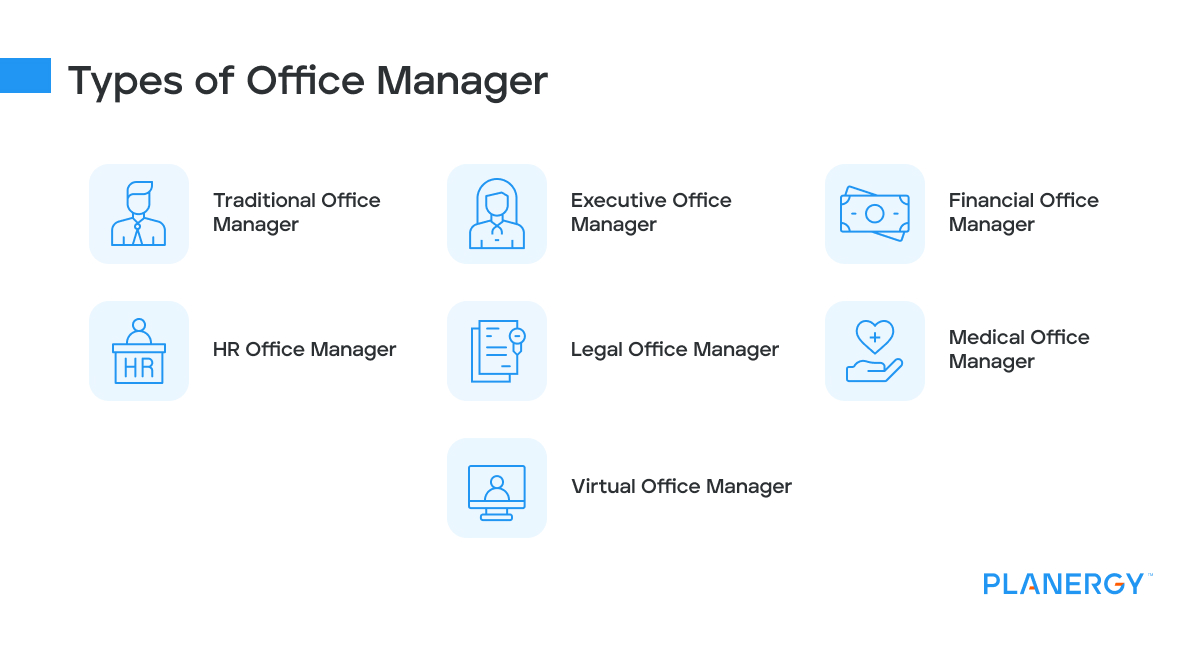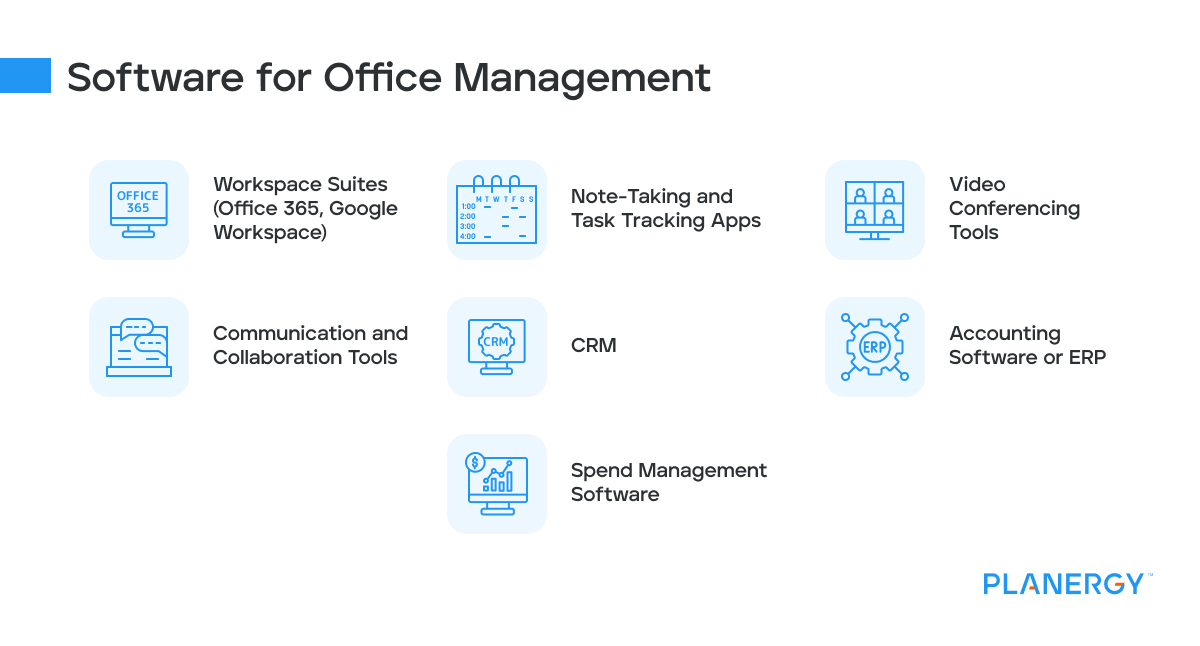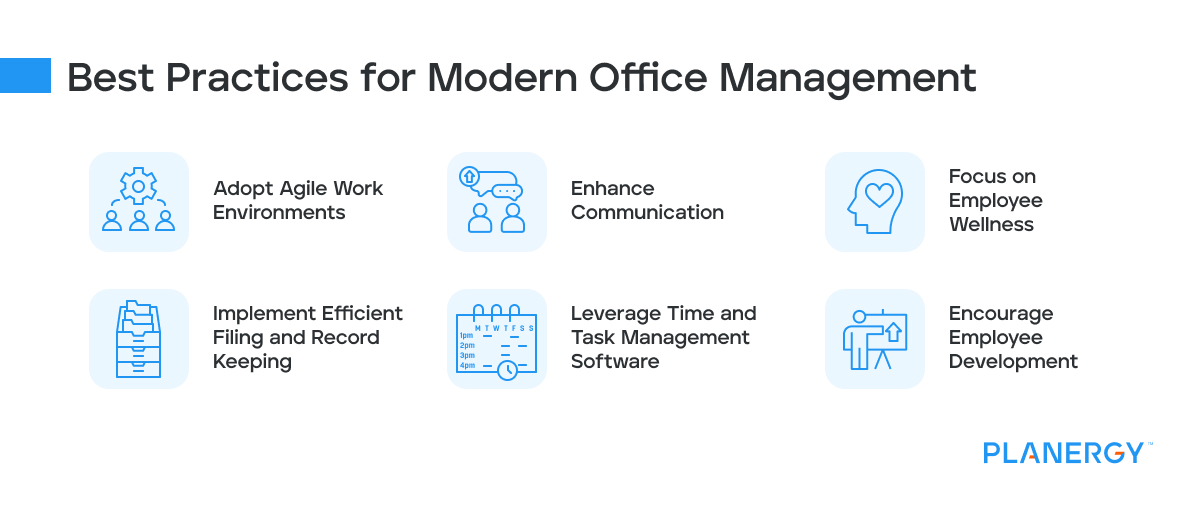Many software options are available today for office management, each with its own features and benefits. Depending on your business, you may have any number of programs, including more niche and specialized options.
Workspace Suites
The most obvious example will be Microsoft Office, or Microsoft 365 as the cloud version is now known. Also, the Google alternative, Google Workspace, has gained a lot of traction.
Formerly known as G Suite, Google Workspace offers a suite of collaboration and productivity tools that includes Gmail, Google Drive, Google Docs, Sheets, and more. These tools allow teams to collaborate on documents, spreadsheets, and presentations in real time.
Many offices use Google Workspace as an alternative to Microsoft Office since it has a complementary product for each in the Office suite. For instance, Gmail replaces Outlook, Docs replaces Word, Sheets replaces Excel, and Slides replaces Powerpoint.
Note-Taking and Task Tracking Apps
Evernote is a note-taking app that allows you to save and organize your notes, ideas, and tasks in one place. You can use it to capture information from the web, add tags, and create notebooks to organize your notes.
While Evernote can also be used for organizing tasks. Tools that incorporate a Kanban format, like Trello, will generally be more useful for task management.
Video Conferencing Tools
Zoom became synonymous with video conferencing during the Covid pandemic. It has placed itself as a leader for video conferencing software but other tools, like Microsoft Teams, are growing in popularity to fill this roll.
Zoom is a video conferencing tool that allows you to conduct virtual meetings and webinars. It provides features such as screen sharing, recording, and virtual backgrounds to make communicating and collaborating with remote team members easier.
Communications and Collaboration Tools
Slack is a communication and collaboration platform designed for teams of all sizes. It provides chat rooms for teams or departments, direct messaging between team members, and voice or video chat for calls.
Microsoft Teams offers similar functionality and has grown in popularity, especially where businesses are already using the Microsoft suite of software.
Slack also offers a range of integrations that allow you to connect it to other tools and services like Trello, Asana, Google Drive, and more.
CRM
CRM tools are essential for effectively running sales and marketing initiatives.
HubSpot offers an all-in-one marketing, sales, and service platform. Its CRM offers a range of features, including contact management, email marketing, social media management, content management, and more.
With HubSpot, you can manage all your marketing, sales, and customer data in one place and automate tasks to save time.
Accounting Software
Accounting software, or an ERP that incorporates accounting functionality, is an essential tool for running a business.
QuickBooks Online and Xero are examples of cloud-based accounting software that makes it easy to manage your business finances.
Using these tools you can track expenses, manage invoices and payments, and view reports on your financial performance. QuickBooks also offers payroll, inventory management, and tax preparation features to help you manage your finances more efficiently.
Both also integrate with other tools, like PLANERGY for Spend management and AP Automation.
Spend Management Software
Ensuring spend is managed with correct approval processes ensures only correct purchases are made adhering to budgets and internal controls for purchasing.
PLANERGY spend management software incorporates AP Automation software, so when processing invoices it is much easier to approve invoices with all the procurement data available.

